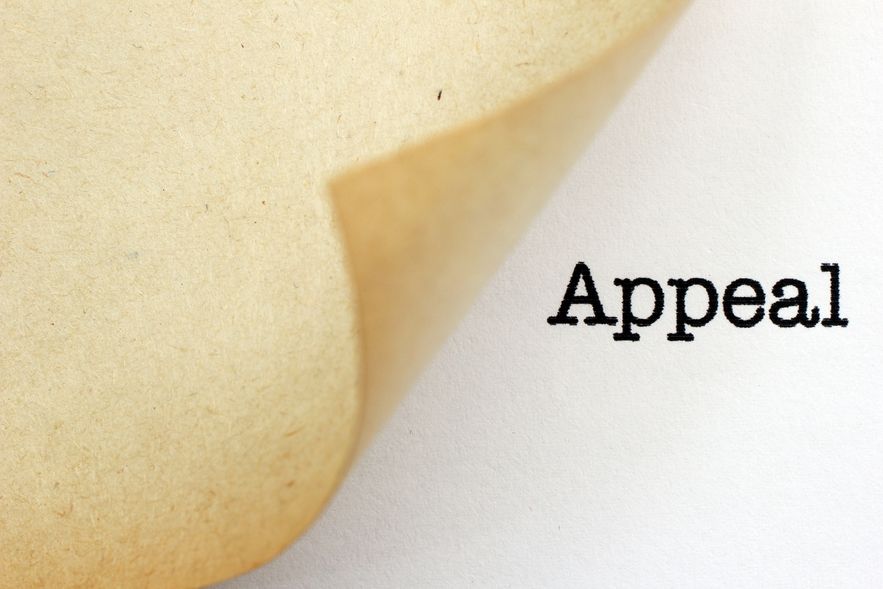Canadian police officers accused of sexual assault held in Cuba

Canadian police officers who were acquitted of sexual assault charges in Cuba must remain in the country after the prosecution filed an appeal.
Vancouver Police Constable Mark Simms and Port Moody Constable Jordan Long were arrested while on Vacation on the Caribbean island after a 17-year-old, also from Canada, reported she had been sexually assaulted. The two men have been barred from leaving Cuba since they were arrested by local authorities in March.
Last week, a panel of judges found the two men not guilty of the charges by in a unanimous verdict, however, Simms and Long were barred from returning home after the prosecution filed an appeal against the decision. They now face a wait of an indeterminate period for the appeal process to begin.
The families of Simms and Long, who have maintained their innocence, released a joint statement which said appealing a verdict is a common procedure in Cuba.
Nevertheless, as we enter month nine, this news comes as a painful realization that the nightmare is not yet over.
Why are the two men still being held?
This case highlights a major difference between the Canadian legal system and that of Cuba and many other nations around the world. Canada and many other Western countries adhere to the principle of the presumption of innocence – in other words, an accused person is innocent in the eyes of the law until he or she is proved guilty.
An example of this is Section 11 of The Charter of Rights which protects the right of Canadian citizens not to be denied reasonable bail without just cause. Bail is granted automatically and it is up to the Crown can establish that detention is necessary. The presumption of innocence is something we perhaps take for granted in Canada, however, there are certain limitations on Section 11(e) such as if an accused is considered a flight risk and whether their denial of bail is in the public interest.
For instance, in the Supreme Court of Canada decision, R v Pearson, it was successfully argued a section of the Criminal Code that denied bail to a man accused of drug trafficking did not infringe his Charter right. The Court found the lucrative nature of drug trafficking, the higher flight risk of traffickers and narrow scope of the exemption meant it was constitutional.
Cuban legal system
Cuban citizens, it would appear, are not guaranteed bail. According to the Canadian government’s travel-advisory page for Cuba: “The criminal justice system in Cuba differs significantly from that in Canada. Charges are not laid until the investigation is complete, and the accused may be jailed during the entire period of investigation.”
The travel advice also states: “Canadians who have been arrested, even for a minor incident, should expect long delays to resolve their cases and may not be allowed to leave the country.”
If an appeal against an acquittal is considered a common procedure in the Cuban legal system, it holds that officials would only consider the trial finished once the appeal is also determined.
Simms and Long are reportedly staying in rental accommodations in the town of Varadero. so although they are not in jail, they are still being detained in the sense they cannot leave the country. Media have reported that legal fees and accommodation costs over the last eight months have run into hundreds of thousands of dollars for the two men’s families.
What to do if you have been accused of a sexual assault
Sexual assault is a very serious offence and anyone convicted of a related offence is liable to a significant period of incarceration. If you are under investigation or have been charged with sexual offences, it is very important you hire a lawyer with experience dealing with such offences and the intricacies of the law in this area.
The lawyers at YYC Defense have in-depth knowledge of the defences that might be available to you and they can guide you through the trial process.
We recommend you book an appointment for a free in-person consultation, however, you can also call us for a free telephone consultation on (587) 834-2746.